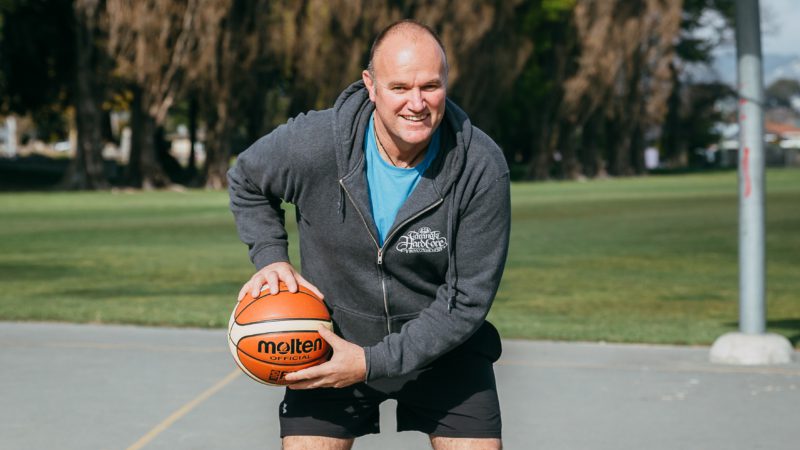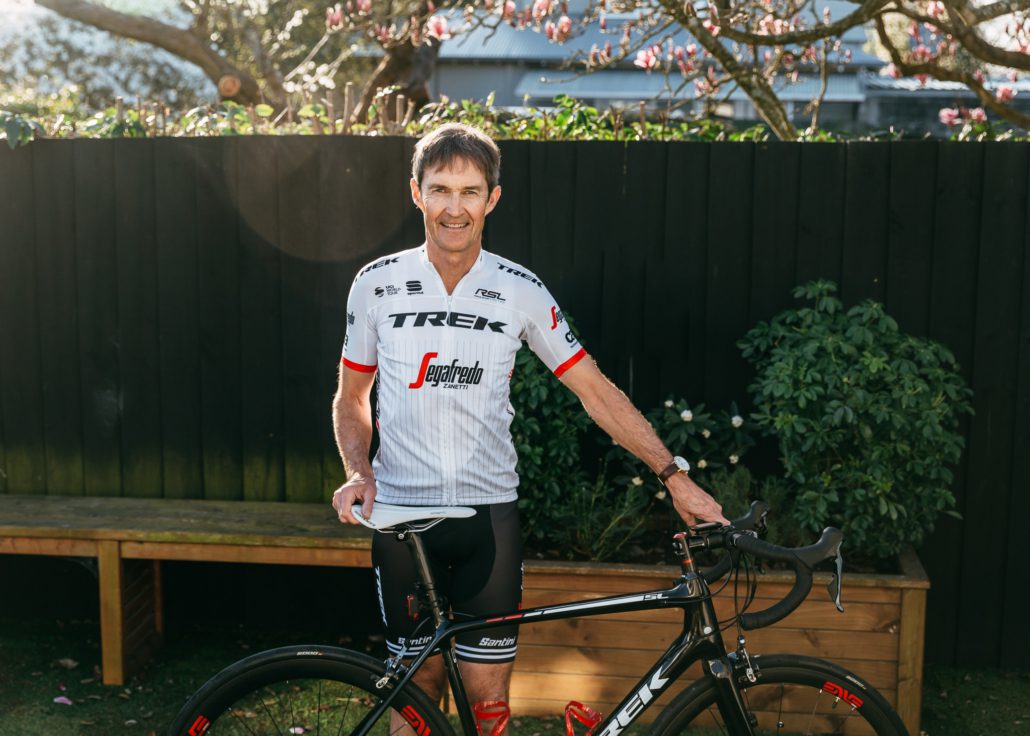At The Laura Fergusson Brain Injury Trust, we provide services for clients with a concussion. This can also be known as mild traumatic brain injury (mTBI) or Post Concussion Symptoms/Syndrome (PCS).
A concussion/mild traumatic brain injury can be caused by:
• Sporting accidents
• Assaults
• Work injuries
• Car/motorbike accidents
• Falls
Symptoms typically include:
• Persistent headache
• Feeling tired or dizzy
• Blurred vision
• Difficulty concentrating
• Difficult with memory
• Moodiness, short temper or irritability
• Intolerance of noise
• Reduced interest in sexual activity
Our team provide:
- Interdisciplinary assessment
- Fast, effective and early intervention for people who have sustained a concussion/mild traumatic brain injury
- Education about the effects of a concussion and any necessary follow-up, reassurance and support
- Remote and rural service as well as services provided in the home
- Preventative advice
- Management of longer-term problems
- Family/whānau support and education
- Contact/liaison with relevant parties where appropriate, including your family doctor (GP), ACC case manager, school, university, employer, etc.
Important facts about concussion and mild traumatic brain injury:
- Most patients with symptoms of concussion/mild traumatic brain injury recover fully with appropriate rehabilitation.
- CT scan results are often normal for a mild TBI
- Skull x-rays are rarely required
Team involved in our concussion services
Our concussion services team work in an interdisciplinary way, where, usually several health professionals work closely to assist our clients and their families to understand the effects of the injury and how best to assist recovery. These include:
Medical Specialist
To look at symptoms, investigate any physical changes and ask about any other medical conditions (mental health, drug and alcohol use, medications).
Clinical Psychologist/Neuropsychologist
To review mood and impact of the accident on family/whānau relationships, work or study. To assess memory, concentration and other cognitive abilities.
Occupational Therapist
To look at pre-injury roles and investigate any changes in ability to complete these (family, home, work, leisure, community etc).
Physiotherapist
To look at physical function in all normal everyday roles including vision, balance, mobility, strength, fitness and safety.
Speech Language Therapist
To look at cognitive language abilities such as the ability to process quick, complex information, to concentrate at work/school and in general home life, remember conversations, find the right words and also be able to cope in social situations.
Who can refer to our concussion services?
- A medical practitioner or allied health professional (AHP) at a District Health Board (DHB) can refer a client to our concussion service by sending a completed ACC883 form to ACC for consideration. There must be a confirmed diagnosis in the client’s clinical notes.
- A GP or Accident & Medical (A&M) Centre can refer a client by sending the completed ACC883 or letter of referral with clinical notes to ACC or to us directly and we can forward it to ACC for approval.
- An ACC case manager can refer a client to the concussion service if they consider that the client may have sustained a mild traumatic brain injury or concussion. Referrals to other services may be made following the initial assessment e.g. Driving Assessment Services, Speech Language Therapist, and Psychiatrist.
To refer:
If you have an adult client, please complete the ACC 883 concussion service referral form below.
For children and adolescent clients, please compete the ACC 7412 concussion service referral form below.
Also, please see the concussion service criteria information sheet below.
Please email your completed referral form or a letter with medical details to hello@lfbit.co.nz

